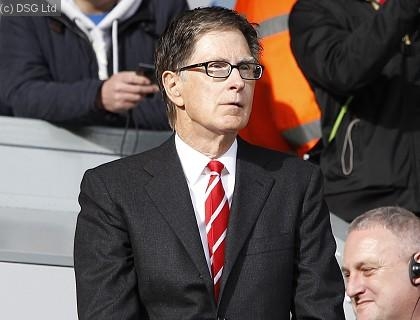
The lead figure in Fenway Sports Group has suggested a new-build in Stanley Park would most likely lead to increased ticket prices, quoting recent examples taken from the United States.
"No-one has ever addressed whether or not a new stadium is rational," the American wrote in an email to The Anfield Wrap website. "New stadiums that are publicly-financed make sense for clubs - I've never heard of a club turning down a publicly-financed stadium. But privately carrying new stadiums is an enormous challenge."
Henry believes the best way of improving the Reds' ability to compete financially is through worldwide commercial revenue streams and their long-term future is not dependent on the stadium issue, which casts doubt over whether the long-mooted Stanley Park project will ever come to fruition.
"A long-term myth has existed about the financial impact of a new stadium for Liverpool," Henry added. "A belief has grown that Liverpool FC must have a new stadium to compete with (Manchester) United, Arsenal and others.
"Arsenal is centred in a very wealthy city with a metropolitan population of approximately 14 million people. They did a tremendous job of carrying it off on a number of levels but how many new football stadiums with more than 30,000 seats have been built in the UK over the past decade or so?
"New stadiums increase revenues primarily by raising ticket prices - especially premium seating."
Henry accepts there is a balancing act to be done when considering the worth of a new stadium against a redevelopment of Anfield, which presents numerous logistical problems.
"We've been exploring a new stadium for the past 18 months. At one point we made it clear that if a naming rights deal could be secured of sufficient size, we would make every effort to build a new facility," he added.
"Liverpool FC has an advantage in being a global club and a naming rights deal could make a new stadium a reality. It is something we are working on. There has been interest."
